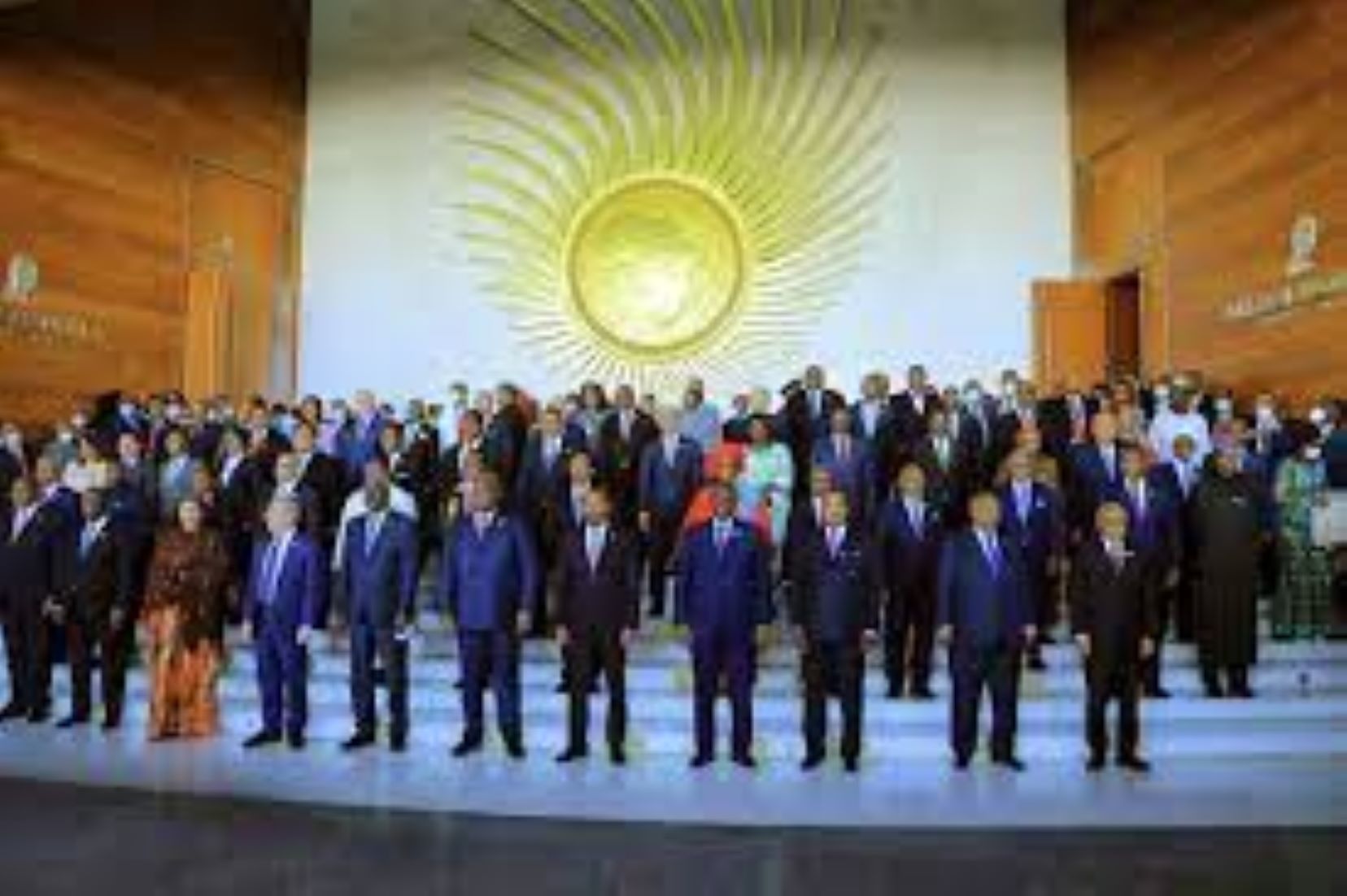NEW DELHI, Sept 10 (NNN-PTI) – The Group of 20 (G20) members, agreed yesterday, to accept the African Union (AU) as a new member, in an effort to give a greater voice and more representation to developing countries.
The agreement was reached at the inaugural session of the two-day G20 summit, held in New Delhi during the weekend.
Amidst applause from other G20 representatives, Azali Assoumani, president of the Union of the Comoros and current AU chairperson, then assumed his seat representing the 55-member-state group for the session.
Created in 1999, the G20 is a main platform for international cooperation in the fields of finance and economy. It previously comprised 19 countries plus the European Union (EU).
The AU, whose previous designation was “Invited International Organisation” of the G20, now has the same status as the EU.
“I welcome the AU’s entry into the G20 as a full member,” the AU Commission Chairperson, Moussa Faki wrote on social media X, following the AU’s accession. “The membership for which we have long been advocating, will provide a propitious framework for amplifying advocacy in favour of the continent and its effective contribution to meeting global challenges.”
The G20’s approval is a response to a widespread call which China first explicitly made, to grant the continental body full membership and “increase the representation and voice of developing countries in global governance.”
“Being accepted as a permanent member of the G20 is good news for AU voice to be present and strong on policy-setting at the global level,” said Steve Patrick Lalande, director of the partnerships management and resource mobilisation directorate of the AU Commission.
“We have huge expectations that the voice of the African people will be heard, so that development is well promoted worldwide,” Lalande said.
“I’m seeing something really great happening,” Mathapelo Monaisa, a member of the South African delegation to the G20 summit, said, expressing appreciation for China’s role in supporting the AU’s joining of the G20.
“As partners in the BRICS, we would like to see other members being able to have more representation in various multilateral platforms, and China’s support for the AU’s G20 membership is important,” Monaisa stressed.
“We both favour multilateralism more than anything else for a better world, and this is why we need to support each other,” said the South African delegate.
Developing nations have consistently pushed for an enhanced say and sway, in the global international governance system. This aspiration arises from the reality that the Global South, composed of emerging markets, and developing countries, has endured prolonged neglect and marginalisation, causing their interests to be disregarded.
From spearheading the largest expansion in the history of BRICS last month, to repeatedly reaffirming support for the AU’s inclusion in the G20 and calling on international organisations, including the United Nations, to prioritise Africa’s developmental aspirations, China is demonstrating its commitment to countries in the Global South with concrete actions.
“China was the first G20 member to clearly and unequivocally declare its support for membership of the African Union. This is a matter of both justice and pragmatism,” said Keith Bennett, an international relations consultant based in London.
“As with the great interest of many emerging markets and developing countries to join the BRICS mechanism, it reflects the fact that developing countries are no longer content or prepared to be merely ‘rule takers’ in a so-called ‘rules-based international order,’ devised and enforced by a handful of Western powers to serve their own narrow interests,” said Bennett.
For Global South countries, including AU members, gaining membership in global governance platforms is just the first step towards securing true representation in the global governance system. These nations still require further support to facilitate their pursuit of independent and sustainable development.
Just as the South African Institute of International Affairs, an African think tank, wrote in a report, Africa’s role in the global governance system including the G20 “requires more than a seat at the table.”– NNN-PTI






